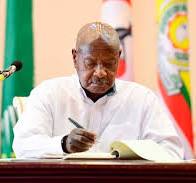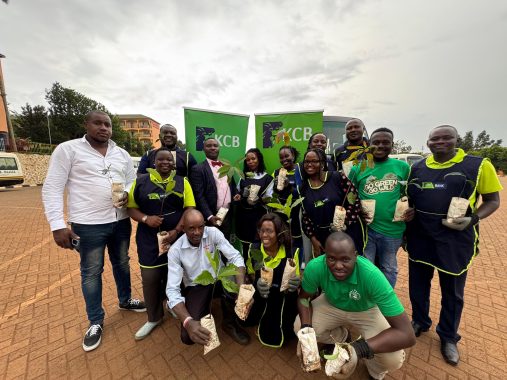Religious leaders have been urged to preach the message of proper covering of standard masks to their flock ahead of another phase of the lockdown ease on 26th May 2020.
The Government chief whip Ruth Nankabirwa made the call during a brief visit to the Mufti of Uganda Sheik Shaban Ramathan Mubajje on how Muslims are coping during Ramadan.
Nankabirwa noted that the majority of people are either not using the standard recommended masks or are simply misusing them by not wearing them the right way.
She therefore advised that religious leaders work with the government to channel the message on how to identify the right face masks and proper usage through their various platforms until the public understands.
Speaking at the Uganda Media center on Wednesday, Dr. Monica Musenero the presidential advisor on epidemic told the public to desist from using medical masks but instead opt for reusable fabrics that are affordable.
Musenero said the government is going to limit the sale of surgical and n95 masks from ordinary people and save them for medical workers.
She says the N95 masks apply to areas of high contamination and are difficult to breathe through making them conducive for medical purposes only.
Musenero also described to the public that recommended reusable masks must be 2 layered, pocketed, and largely cotton in fabric, they should cover one’s nose properly but also leave space within the covered area for proper breathing and talking, and also be worn and used in a practically correct form.
The government is expected to avail at least 11.2 million face masks over the next two weeks for distributing countrywide as a precondition for lifting restrictions on the lockdown.
State Minister for Primary Healthcare Joyce Moriku says the Uganda Manufacturers Association (UMA) can produce a capacity of that 800,000 masks per day.
However, Moriku says the government has considered awarding a contract to all manufacturing companies that have the capacity to produce the required face masks like small scale producers under Kampala Capital City Authority -KCCA and other local governments.














